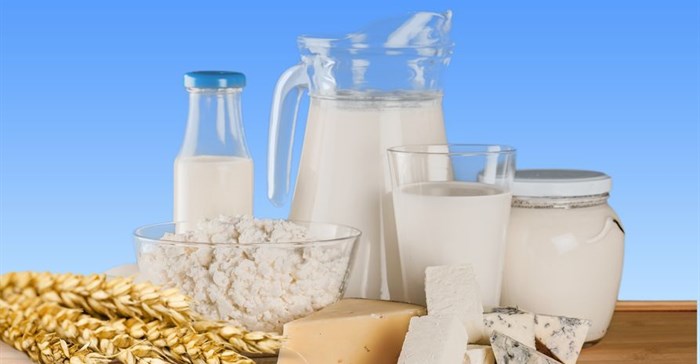World prices rising for grains and dairy, wheat output poised to dip in 2018

The Cereal Price Index, representing wheat, rice and the main coarse grains including maize, increased 2.5%, posting its second consecutive notable monthly rise, with unfavourable weather adversely affecting the outlook for winter wheat in the United States of America and maize in Argentina. FAO also lowered its projections for worldwide wheat harvests this year, while noting that inventory levels are poised to hit a record high.
The Dairy Price Index rose 6.2% in February as international price quotations rose for butter, cheese and whole and skim milk powders. Strong global demand coupled with lower than expected milk output in New Zealand drove the change.
The Meat Price Index was broadly unchanged, as poultry meat prices fell for the fourth month in a row, offsetting a rise in bovine meat price quotations.
The Vegetable Oil Price Index declined 3.1% to reach its lowest level in 19 months amid prospects of a growing global production surplus in the current year. Palm oil prices dropped the most, reflecting rising inventories in Malaysia and Indonesia, while expectations of record soy crushings in the US weighed on soybean quotations.
The Sugar Price Index declined 3.4%, reaching a two-year low, as major producers such as Thailand and India continued to expand production and market participants brace for a sharp rise in output in the European Union due to higher beet yields coupled with larger plantings after the removal of output quotas last year.
Record stock levels even as wheat output is poised to dip
Global supply conditions for the main cereals remain strong and FAO has increased its forecast for end-of-season stock levels by 14 million tonnes. Global stocks of wheat and coarse grains are both poised to hit record levels in the current marketing year, of 272.7 million tonnes and 309.8 million tonnes respectively, according to the Cereal Supply and Demand Brief.
With harvesting of last year's cereal crops now almost complete, FAO raised its global cereal production estimate for 2017 to 2,642 million tonnes following upward revisions for coarse grains such as maize in Australia and East and West Africa. Rice output likely reached 502.2 million tonnes in 2017, an all-time high.
FAO also issued its first forecast for global wheat production in 2018, now seen at 744 million tonnes. While above average, that would represent the second annual dip, reflecting lower anticipated yields in the European Union and the Russian Federation.
Unfavourable weather in South America and Southern Africa, along with an expected contraction in plantings, also points to a likely output decline for maize in the southern hemisphere.










